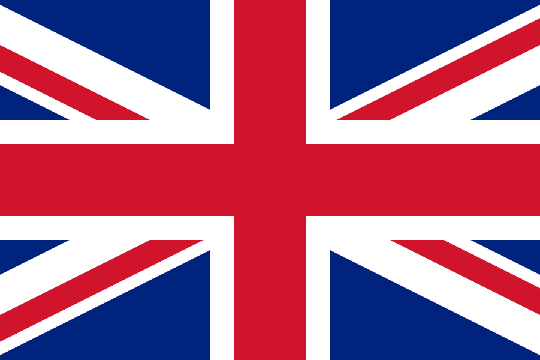 Biological data analysis using InterMine (User Interface)
Biological data analysis using InterMine (User Interface)
Date: 19 June 2019 @ 08:30 - 11:30
InterMine is a freely available data integration and analysis system that has been used to create a suite of databases for the analysis of large and complex biological data sets.
InterMine-based data analysis platforms are available for many organisms including mouse, rat, budding yeast, plants, nematodes, fly, zebrafish and more recently human. See here for a comprehensive list of InterMine databases.
The InterMine web interface offers sophisticated query and visualisation tools, as well as comprehensive web services for bioinformaticians. Genomic and proteomic data within InterMine databases includes pathways, gene expression, interactions, sequence variants, GWAS, regulatory data and protein expression.
This course will focus on the InterMine web interface and will introduce participants to all aspects of the user interface, starting with some simple exercises and building up to more complex analysis encompassing several analysis tools and comparative analysis across organisms. The exercises will mainly use the fly, human and mouse databases, but the course is applicable to anyone working with data for which an InterMine database is available.
This event is organised alongside a half day course on Biological data analysis using the InterMine API. More information on this event are available here.
The training room is located on the first floor and there is currently no wheelchair or level access available to this level.
Please note that if you are not eligible for a University of Cambridge Raven account you will need to Book or register Interest by linking here.''
Keywords: HDRUK
Venue: Craik-Marshall Building
City: Cambridge
Country: United Kingdom
Postcode: CB2 3AR
Organizer: University of Cambridge
Host institutions: University of Cambridge Bioinformatics Training
Target audience: The course is aimed at bench biologists and bioinformaticians who need to analyse their own data against large biological datasets, or who need to search against several biological datasets to gain knowledge of a gene/gene set, biological process or function., Graduate students, Postdocs and Staff members from the University of Cambridge, Institutions and other external Institutions or individuals
Event types:
- Workshops and courses
Activity log

 United Kingdom
United Kingdom
